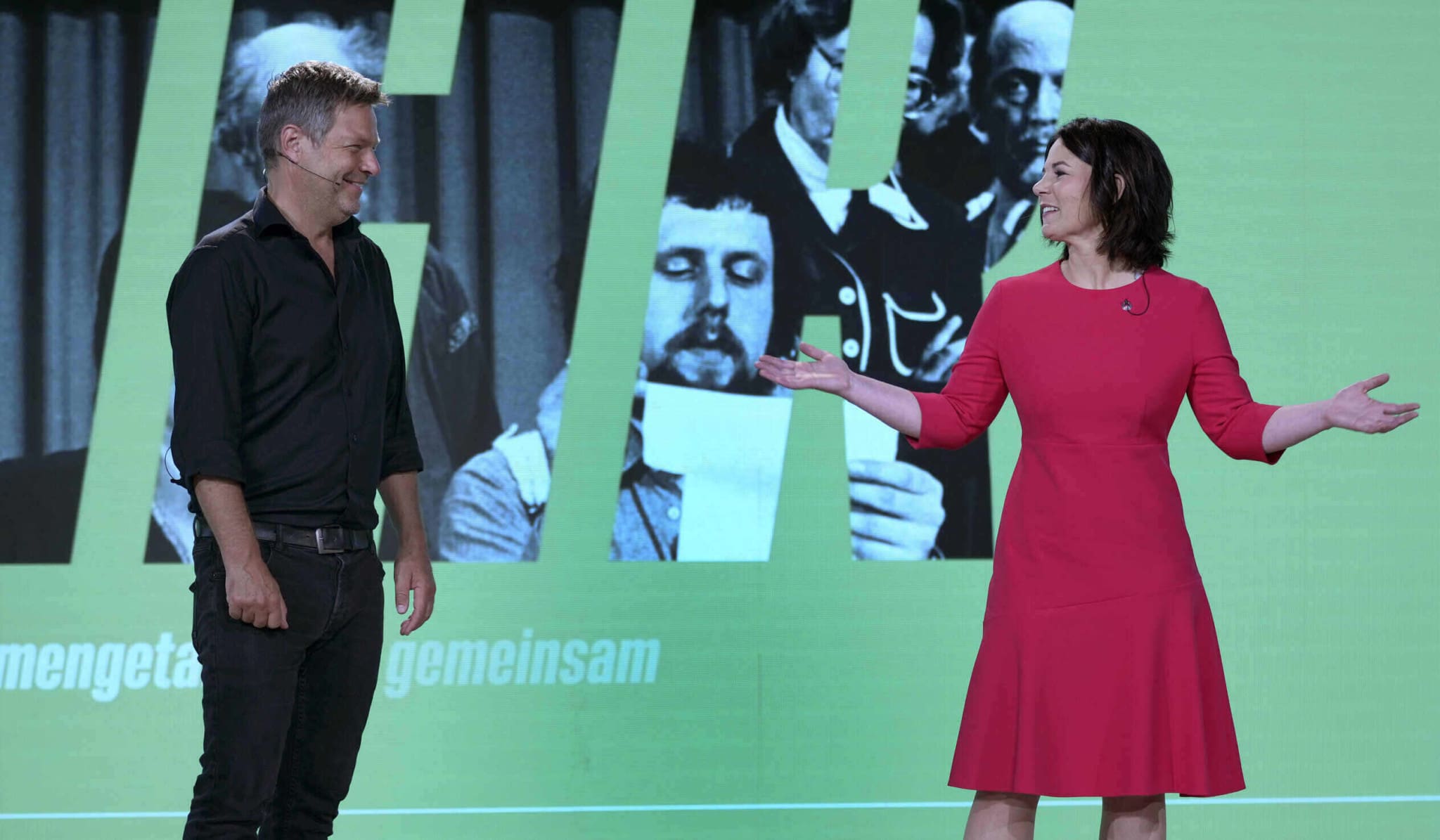The Green Minister for Education in the German state of Baden-Württemberg is pushing for the use of gender-neutral language in schools. According to her, the schools should agree with the students on the way of writing generic masculines, for example, expressions such as “teachers” or “pupils”, which can refer to both males and females.
However, the co-ruling Christian Democrats (CDU) criticize the plan for violating the coalition agreement. A wave of resentment has also come from philologists who speak of “language rape.”
Green Minister Theresa Schopper said she wanted to stick to an educational plan for the use of gender-neutral language in schools, which her ministry developed five years ago under the leadership of the Social Democrats. “It would be good if the teachers agreed with the students on gender-balanced words,” the minister said.
One possibility is to use asterisks or underscores to write generic masculine words, such as in the cases of “police officer” (“Polizist*in”) or “colleague” (“Kolleg*in”).
The state Association of Philologists spoke out about her proposal. Chairman Ralf Scholl called it “rape of the language”. The CDU, in turn, accuses Schopper of violating the agreement between the two ruling parties and rejects the introduction of “arbitrariness” in expression and writing in schools.
“We should not allow arbitrariness in speech and writing in our schools. If the Ministry of Education and Cultural Affairs now says that every school or even every class can handle the use of a gender asterisk as it pleases, something like a patchwork blanket will be created, “said Isabell Huber, Secretary-General of the CDU in the state. According to her, it is better to continue using both gender forms.
The Ministry of Education stated that so far there have been no binding changes to the rules or decrees that would change anything in the previous practice. However, teachers are encouraged to discuss the topic of gender-balanced language with students. However, if students agree, teachers could already start using a gender asterisk in worksheets and teaching materials, for example.
According to European Parliament documents, gender-neutral language should allow for non-sexist and inclusive expression. “The aim of gender-neutral language is to avoid the use of words that could be considered biased, discriminatory or degrading, as their use could give the impression that one sex or social gender is the norm. The use of gender-balanced and inclusive expression also helps to suppress gender stereotypes, encourages a change in societal attitudes, and contributes to the achievement of gender equality,” the document states.
Title image: Germany’s Green Party co-chairwoman Annalena Baerbock, right, smiles after being nominated as the party’s chancellor candidate during a party convention of the Green Party in Berlin, Germany, Saturday, June 12, 2021. At left is Robert Habeck, co-chairman of the German Green Party. (AP Photo/Michael Sohn, pool)





